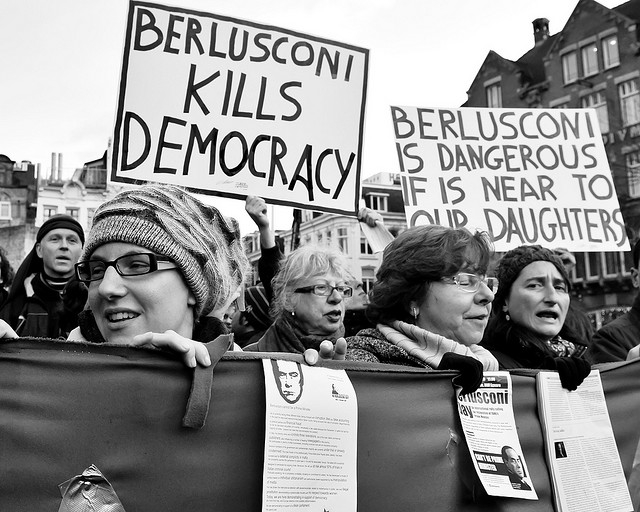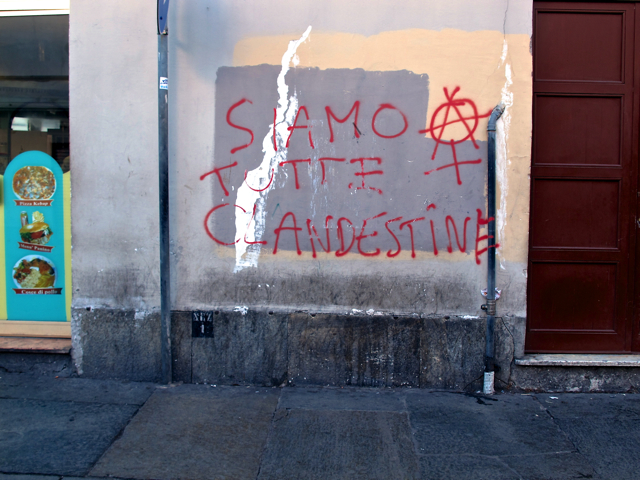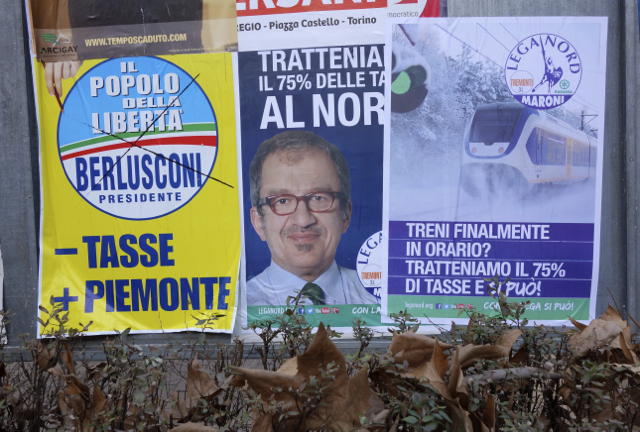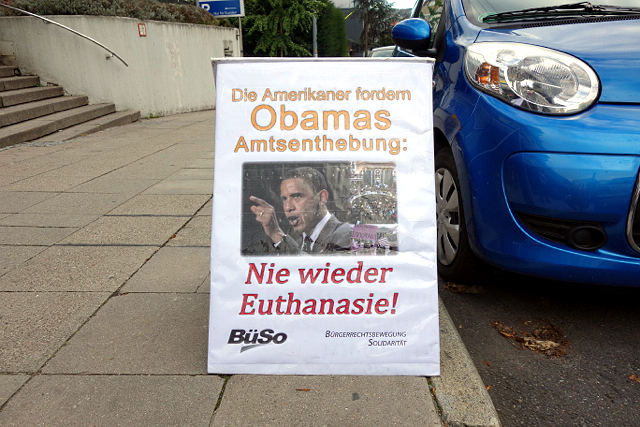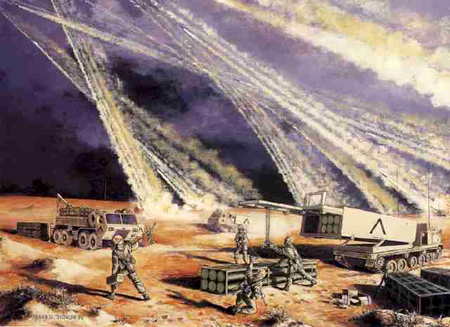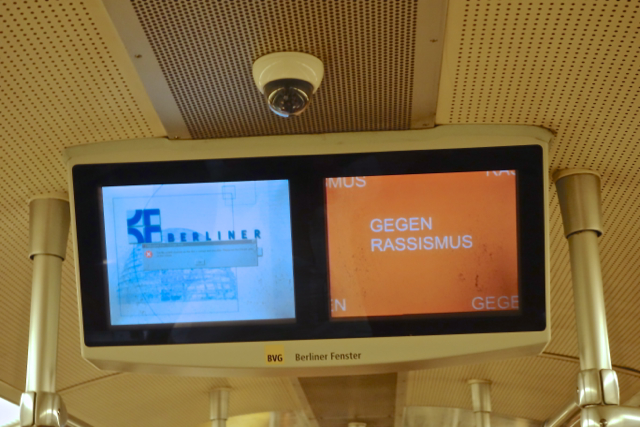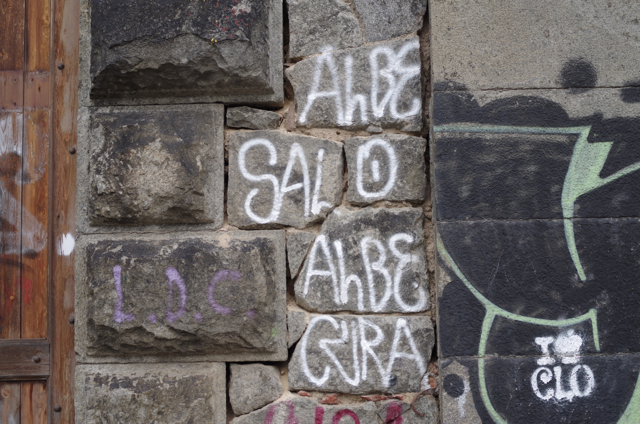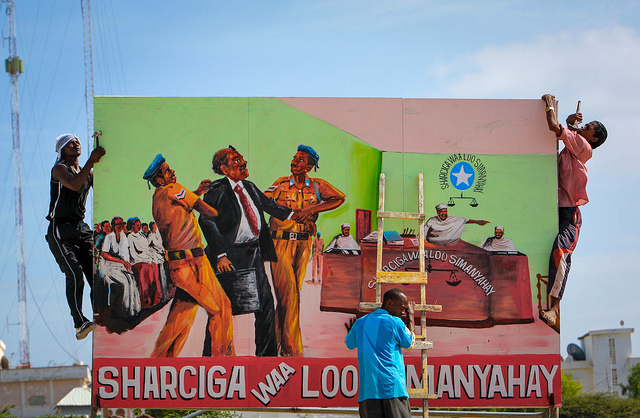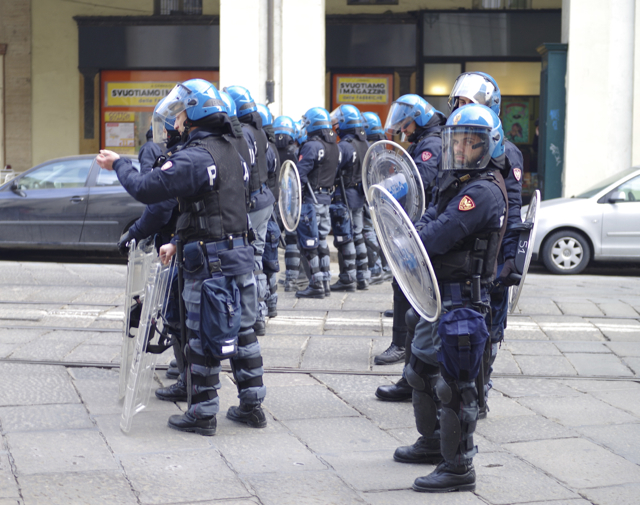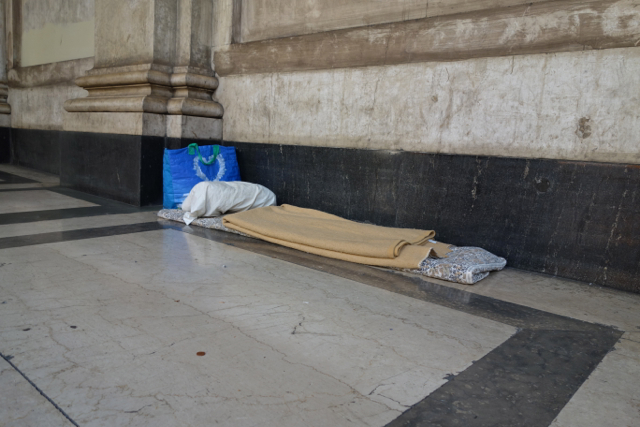He should have been jailed long ago. By all accounts, anyone with a track record like Silvio Berlusconi had no business holding a seat in Italy’s Senate. Still, after two decades of steering the country, if not from its highest office, through the strength of his political parties, the 77-year-old Milanese billionaire was finally expelled from the legislature, on the strength of a successful criminal conviction. (More…)
Author: RandomizerMost progressive periodicals emphasize words over images. Not Souciant. Randomizer is a column devoted to our love for political visuals. Collectively-authored by Souciant’s editorial staff, wherever they are. Including the kitchen.
Most progressive periodicals emphasize words over images. Not Souciant. Randomizer is a column devoted to our love for political visuals. Collectively-authored by Souciant’s editorial staff, wherever they are. Including the kitchen.
People with direct experience of totalitarian regimes are understandably wary of iconography. When you’ve been exposed to stylized images of Hitler, Stalin, Mao and their ilk day after day, year after year, seeing anybody flattened into a stereotype is unsettling. And when that celebrity treatment has explicitly political implications, the anxiety mounts. (More…)
We Are All Illegal Immigrants. (“Siamo Tutti Clandestini.”) A message of solidarity to illegal migrants, for anyone who has spent time in Italy, the slogan can be as common as the circle A that often accompanies it. Not that it is necessary to impose anarchist branding. So synonymous is this idea with the politics, the symbol risks overkill. (More…)
What’s the difference between racism and fascism? Nothing, if you take into account the fact that in democratic societies, racism seeks to limit the rights of minorities. Though they may have the ability to vote, and use public services, the privileges they receive, and their treatment, by the state, and by civil society, is not equal to what poor persons, who are members of ethnic majorities, often experience. (More…)
The turmoil in the United States surrounding the Affordable Care Act, better known as “Obamacare”, has baffled onlookers around the globe. Most Americans pay far more for their medical expenses than people in other countries. Yet a sizable percentage of them seem to equate this state of affairs with freedom. (More…)
It has a triumphalist feel about it. Put Wagner on the stereo, call up the image, and you’re in an episode from Apocalypse Now. Well, not really. But you get the idea. Artillery rockets, fired by dozens of mobile launchers, screaming across the Saudi sky. It’s a great piece of agitprop. You could almost see it in an Elks Lodge. (More…)
From the looks of it, they were all members of the same family. Twenty-five, maybe thirty years old, max. Hebrew words were mixed in with their Arabic. I wondered where they were from. Nazareth? The Wadi Ara area? Something told me they were neighbors. Not just from the region, but the Arab towns nearby, close to where my parents live. (More…)
Did the Allies liberate Europe from Fascism? Many leftists would say no. In West Germany, for example, Nazi-era civil servants, judges and police officers remained in place for nearly three more decades. The same could be said of France, not to mention, of course, Italy. Why? For the Allies, quite often, due to pragmatism. How would they run these countries without them? (More…)
Somalia is a security problem. Without a doubt. For its neighbors, and for the international community, whose vessels frequently find themselves preyed upon by pirates working from its shores. Press a little harder, and you’ll find more reasons for discomfort, though. The objections are as much cultural as anything else. (More…)
Once upon a time, political posters read like essays. Words always outnumbered images. You could spend half an hour reading them, if not longer. Particularly in Europe, where the practice of wheatpasting a manifesto denouncing, for example, capitalism, at bank entrances, can be as common as posting screeds on blogs. It just depends on the city. (More…)
For over a decade, artists and intellectuals have been touting Berlin as an alternative to overpriced and overpopulated metropolises like London, Paris, New York and Tokyo. And even now, despite a rising tide of gentrification, the city’s rougher neighborhoods remain a bargain for people with a bourgeois support network. The problem, though, is that long-time natives of these neighborhoods typically lack one. (More…)
Don’t let the homeless fool you. There’s no shortage of housing. Yet, wherever you look, Italians are looking to sell their properties. In cities like Turin, it’s practically a firesale. Suffering from two decades of decline, incurred by the policies of successive Berlusconi governments, the Eurozone crisis simply compounded what was an already catastrophic economic situation, pushing millions out of their homes. (More…)
